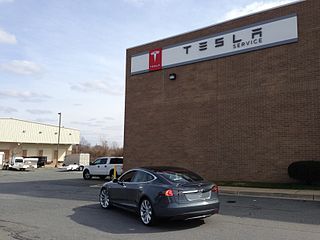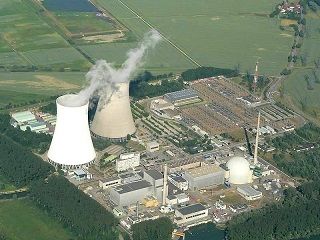Brazilian Run-of-River Hydro Projects

Again, in spite of all this, I have several investor groups actively pursuing this deal. Perhaps some people understand that life will continue after the games are over.

Again, in spite of all this, I have several investor groups actively pursuing this deal. Perhaps some people understand that life will continue after the games are over.

What we really need is level-headed pragmatism, coupled with honest leadership that takes us on a rational, sure-footed path in the direction of energy efficiency and environmentally responsible renewables. Unfortunately, we’re no closer to that than we are to the moon.


Here I’m asked to: Tell Dick Cheney: “Blaming President Obama for the current religious strife and exploding humanitarian crisis you and George W. Bush created in Iraq is utterly reprehensible. Stop your self-serving attacks on President Obama in your disgraceful pursuit of endless war at any cost.”
Sorry. Cheney: You have the right to speak. I have the right to regard you as reprehensible, which, btw, I do.

We cannot turn back the clock to the mid-20th Century and reverse our decision to develop the U238/Pu239 reactions, but we can ratchet up our support of other fission reactions, e.g., the decay of thorium, and we can champion the various flavors of fusion, including, perhaps, this kind of aneutronic fusion.

Draw the Shades
It’s tempting to keep the blinds open all day during the summer so you can enjoy your garden without suffering the heat (and to keep an eyes on the kids in the pool), but because your windows are one of the biggest sources of heat gain, this can raise the temperature of your home. (more…)


Hi Craig, Did you see this article on Canada’s approval of Northern Gateway pipeline? I’m afraid it was pretty much inevitable.
Hi, Rebecca. No, I hadn’t seen it, and yes, I’m afraid big oil and the governments it owns can be counted on to want to build pipelines—that much is inevitable. Whether protesters can make a difference in the outcome remains to be seen; I’m a big believer in the power of masses of angry people. It’s sad that they lost here, of course, but I feel they’re often important in the results in cases of decisions like this one. Here’s a salute to them, and the “singing a song of angry men.”
Wow, Harper is bad news, isn’t he? I’ve always found it strange that he’s in power; I perceive Canadians to be quite an enlightened bunch of people.
If there is one thing that people of all political persuasions can agree upon, it’s that “opinion” and “news” are two different things, and that editorials should not be presented as if they were fact. This is why I cringed at the very of idea of this piece in Global Energy World, an online publication normally recognized for the same style of news that we found in “The Daily Planet.” This article, however, was written by rabidly anti-government and global warming denying Institute for Energy Research, a group dedicated to preventing the public sector from placing limits on emissions. The group’s founder, Robert Bradley, argues that carbon dioxide “is not a pollutant but a building block of a living and vibrant biosphere.” (more…)
